 |
| The EU has decided that Russia must pay for the reconstruction of Ukraine. (Source: Asiatimes) |
Speaking at a press conference after the European Union (EU) summit, Ms. von der Leyen noted that the value of frozen Russian state assets is currently 211 billion euros ($223.15 billion).
At the same time, Ms. von der Leyen reiterated that the EU has decided that Russia must pay for the reconstruction of Ukraine.
“We will put forward proposals to find ways to use the proceeds from assets that are currently benefiting a number of financial institutions in the European Union,” she said.
According to the EC President, EU finance ministers made progress on some basic principles at the annual meetings of the International Monetary Fund (IMF) and the World Bank (WB) in Marrakesh earlier this October. Therefore, the next step will be a practical proposal.
Previously, the EU had frozen Russian state assets in March 2022, after Russia launched a special military operation in Ukraine.
On the same day, October 27, in a statement related to funding for Ukraine, German Chancellor Olaf Scholz expressed confidence that the EU will make the necessary decisions to ensure Ukraine's stability despite disagreements among some members.
“I think we will have to decide what is necessary for the financial stability of Ukraine. And I do not think that different specific assessments will affect this,” the German chancellor said after the summit in Brussels.
According to the head of the German state, the EU should change its budget priorities so that it can combine support for Ukraine with the implementation of other tasks. Mr. Scholz expressed hope that such a decision will be made despite the differences in views of the parties.
Earlier this month, EC chief Ursula von der Leyen proposed adding an additional €66 billion to the EU budget for 2024-2027, much of which would be used for migrant reception initiatives, as well as support for Ukraine over the next four years.
Immediately, Hungarian Prime Minister Viktor Orban announced that Budapest will continue to block the allocation of additional funds from the EU budget to Ukraine until the country sees a clear, legitimate argument.
Speaking on Hungarian radio, Prime Minister Viktor Orban said he saw no reason for Hungary to send taxpayers' money to support Ukraine.
Source



![[Photo] Living witnesses of the country's liberation day present at the interactive exhibition of Nhan Dan Newspaper](https://vstatic.vietnam.vn/vietnam/resource/IMAGE/2025/4/27/b3cf6665ebe74183860512925b0b5519)
![[Photo] General Secretary To Lam's wife and Japanese Prime Minister's wife make traditional green rice cakes together](https://vstatic.vietnam.vn/vietnam/resource/IMAGE/2025/4/27/7bcfbf97dd374eb0b888e9e234698a3b)
![[Photo] General Secretary To Lam receives Chairman of the Liberal Democratic Party, Japanese Prime Minister Ishiba Shigeru](https://vstatic.vietnam.vn/vietnam/resource/IMAGE/2025/4/27/63661d34e8234f578db06ab90b8b017e)
![[Photo] Japanese Prime Minister's wife visits Vietnamese Women's Museum](https://vstatic.vietnam.vn/vietnam/resource/IMAGE/2025/4/27/8160b8d7c7ba40eeb086553d8d4a8152)
![[Photo] Fireworks light up Hanoi sky to celebrate national reunification day](https://vstatic.vietnam.vn/vietnam/resource/IMAGE/2025/4/28/5b4a75100b3e4b24903967615c3f3eac)

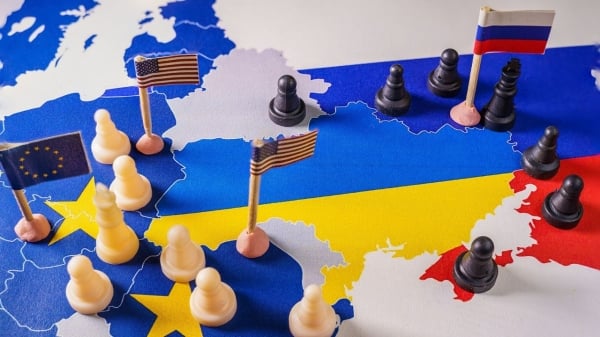
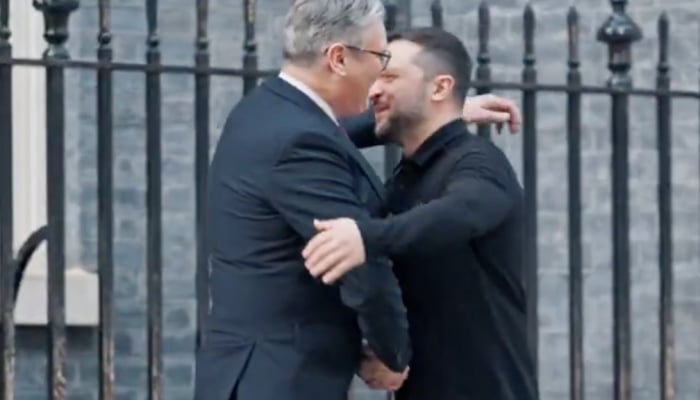

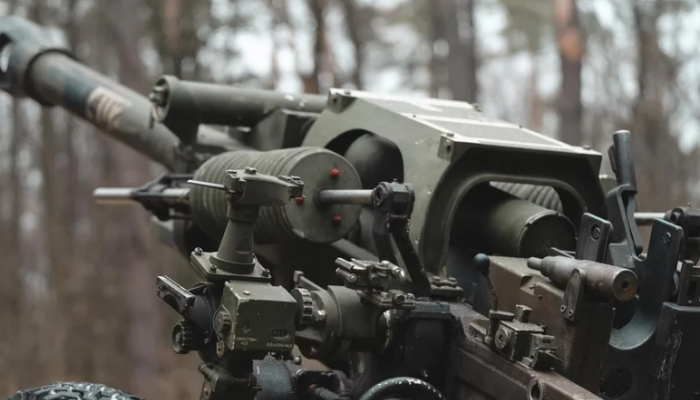
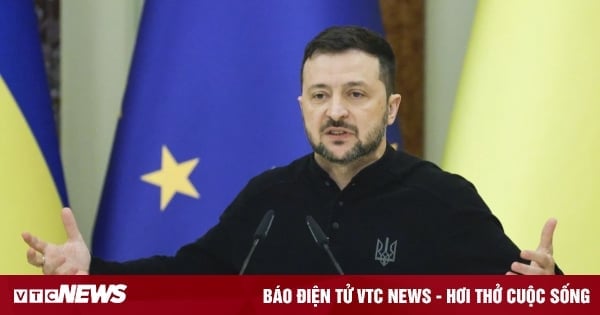


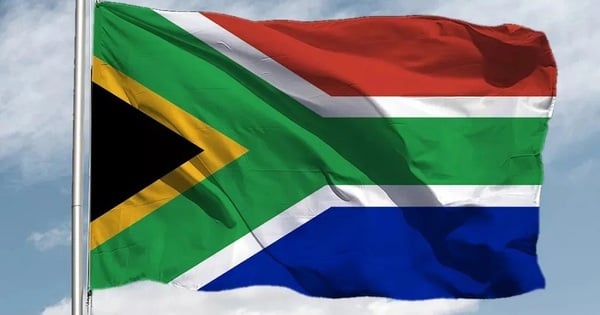
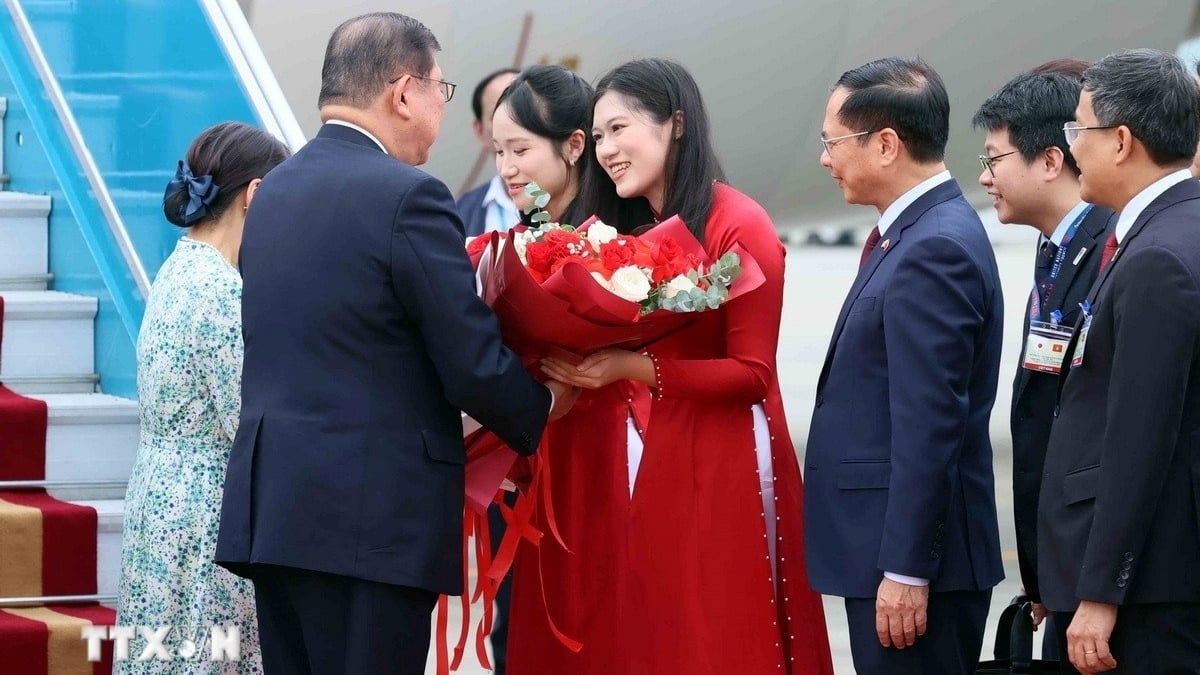

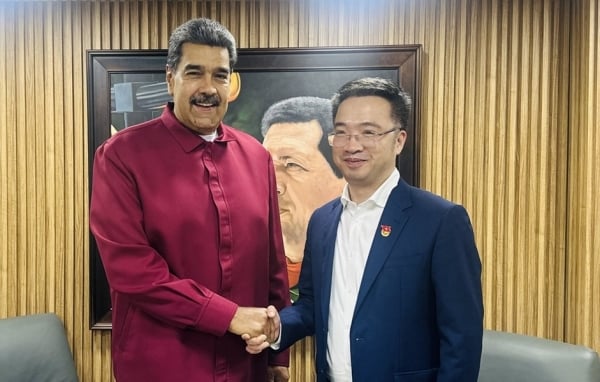











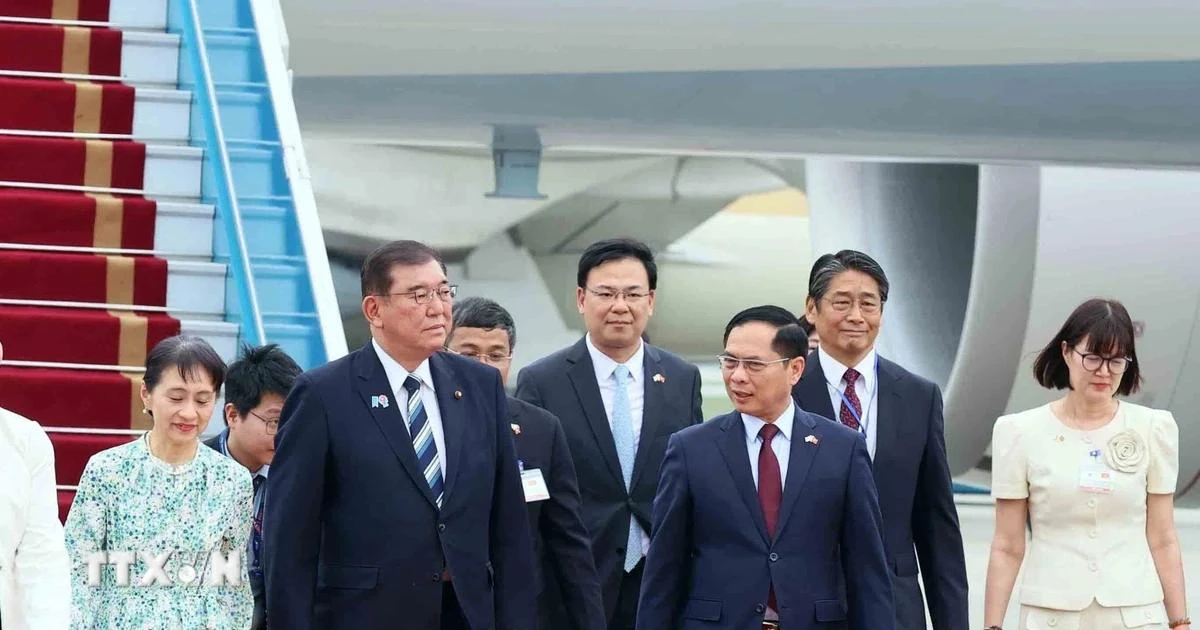












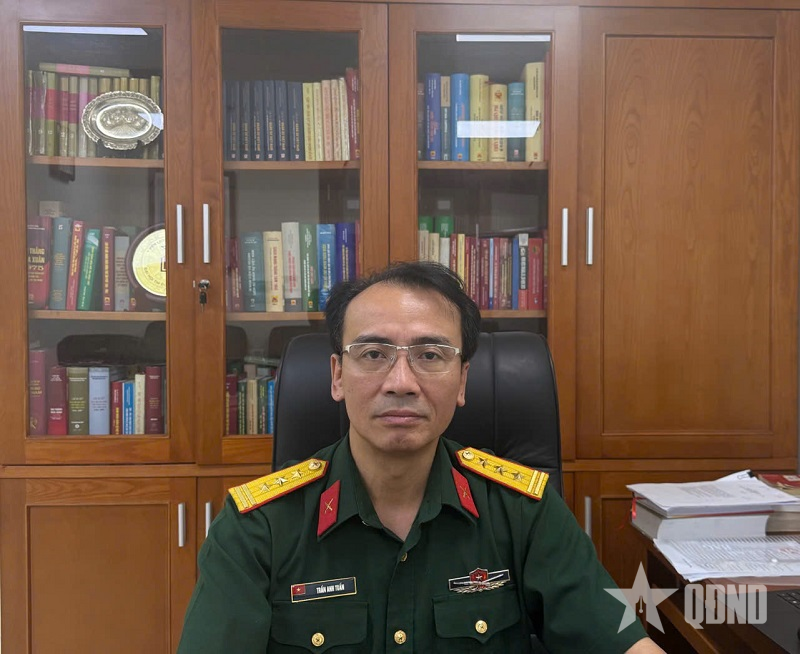





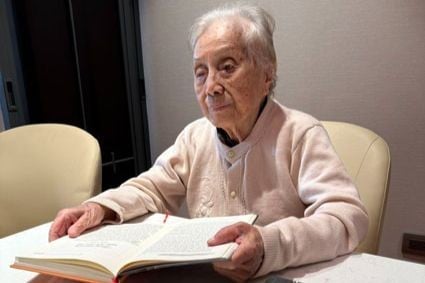



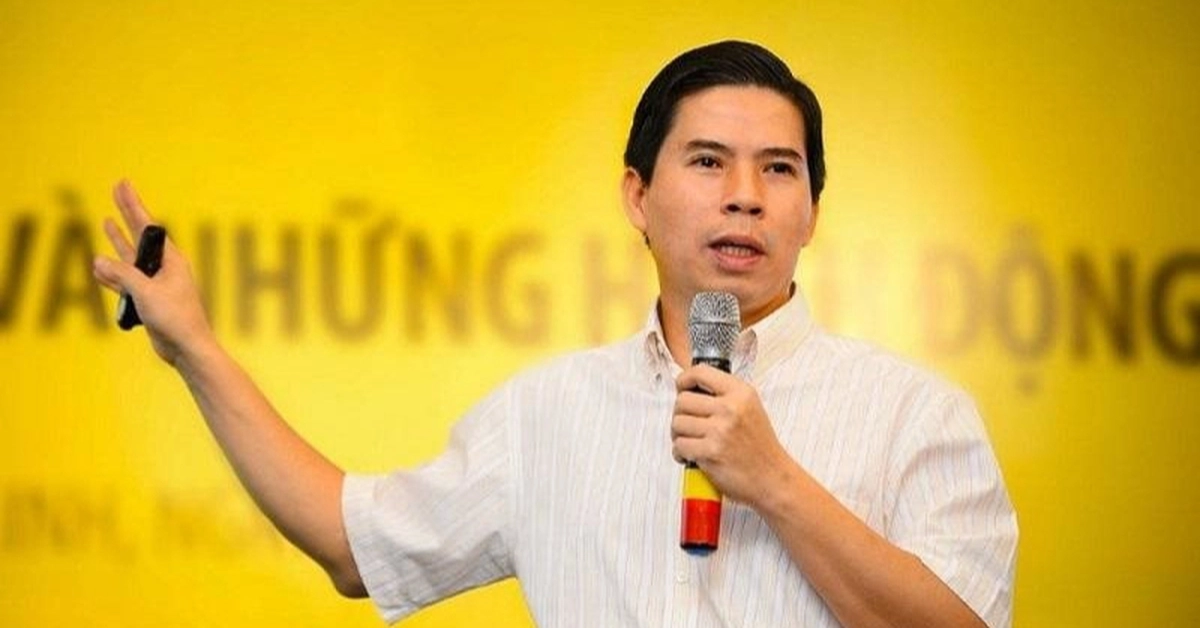










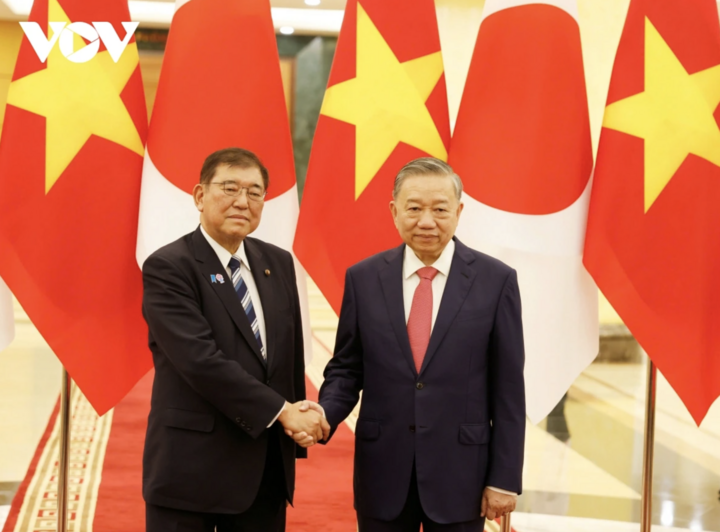

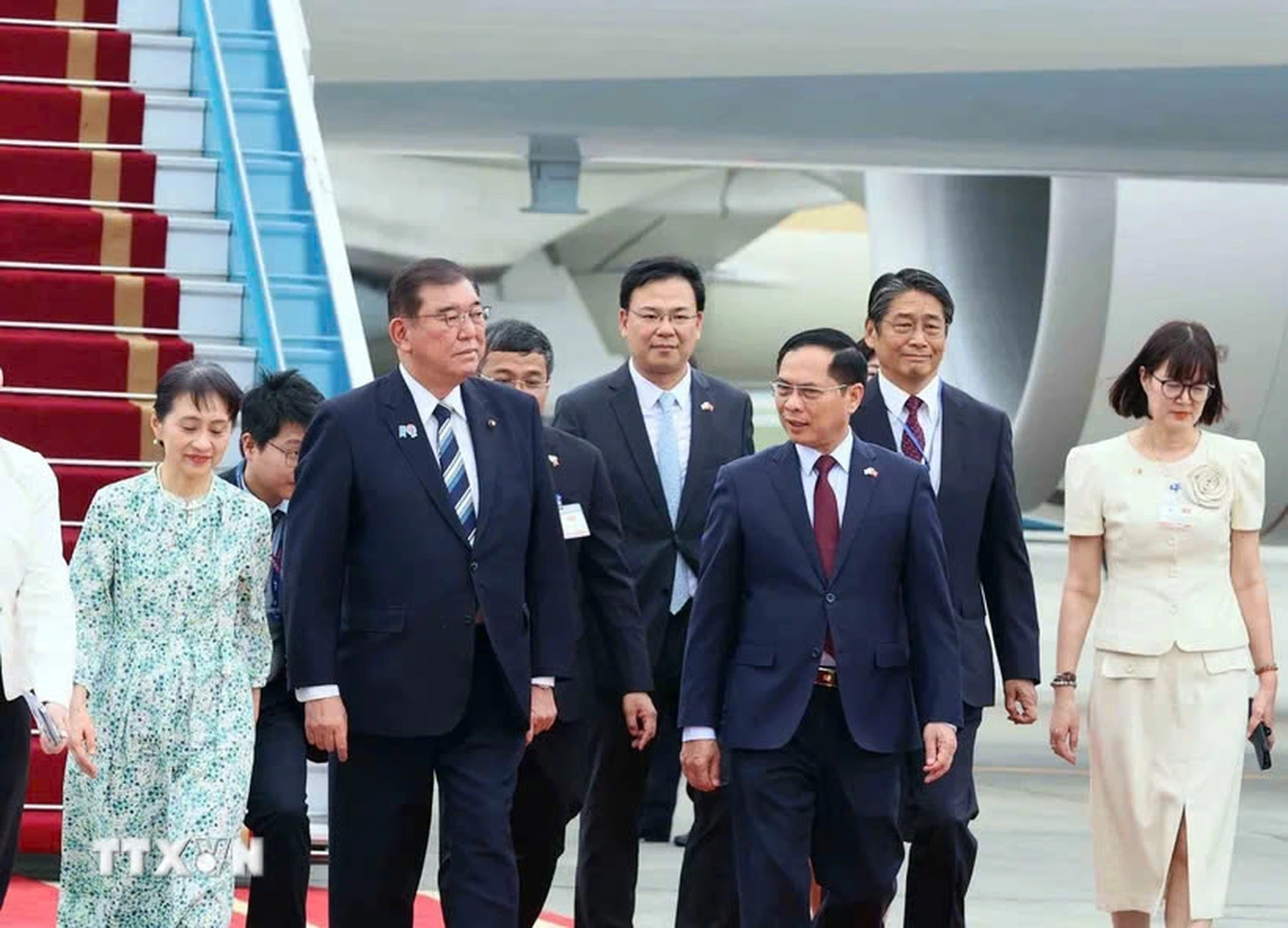
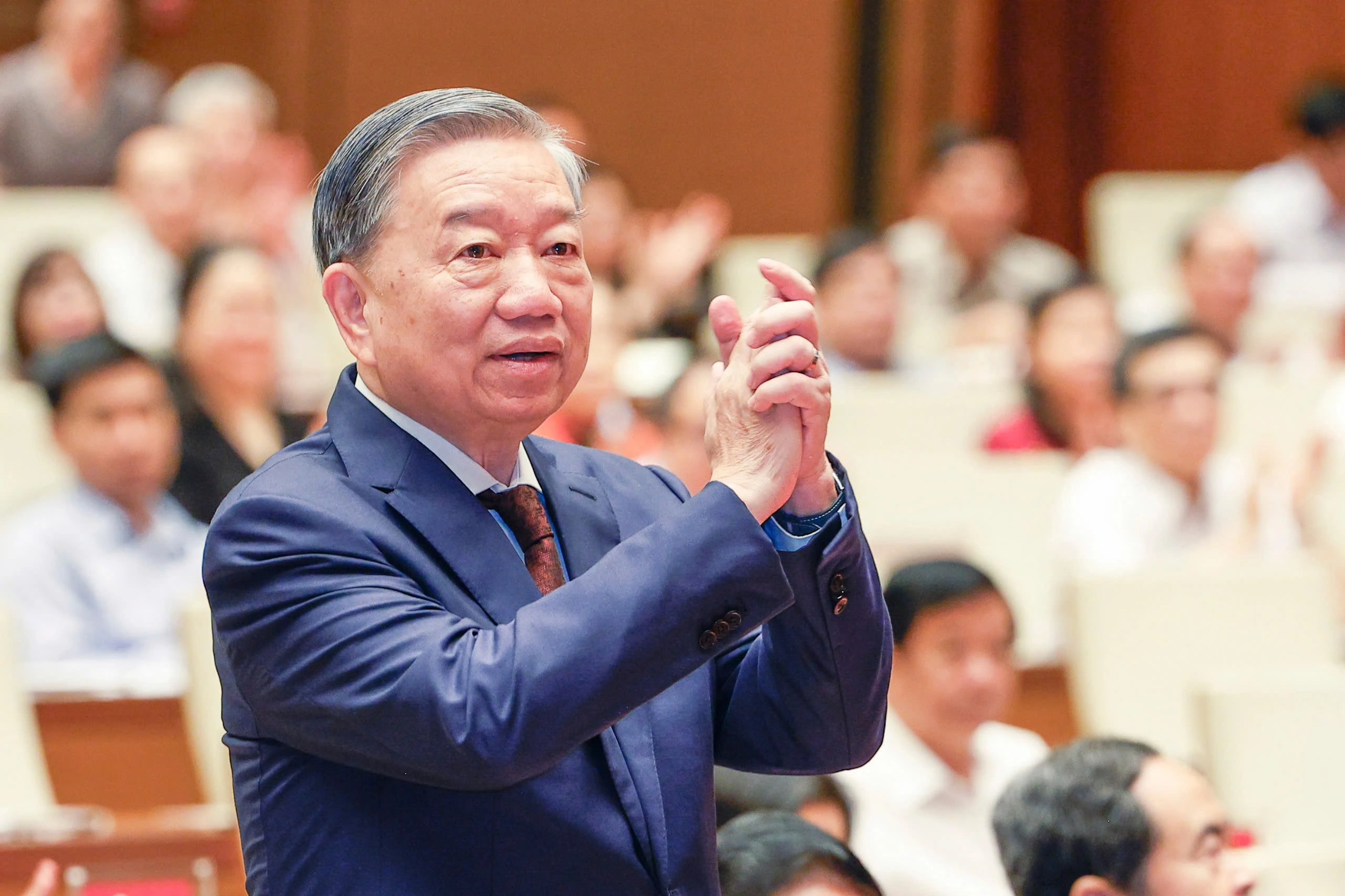
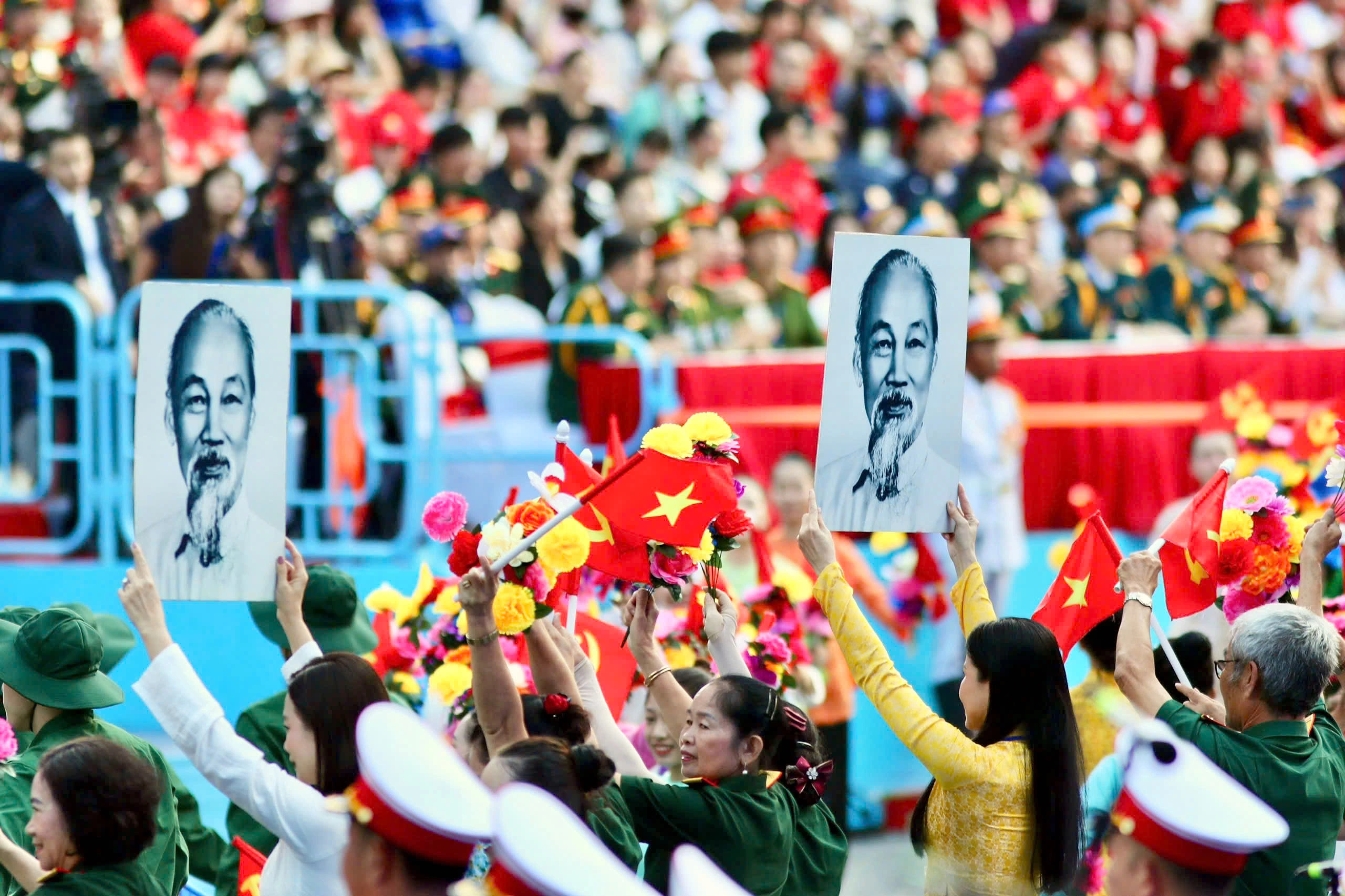
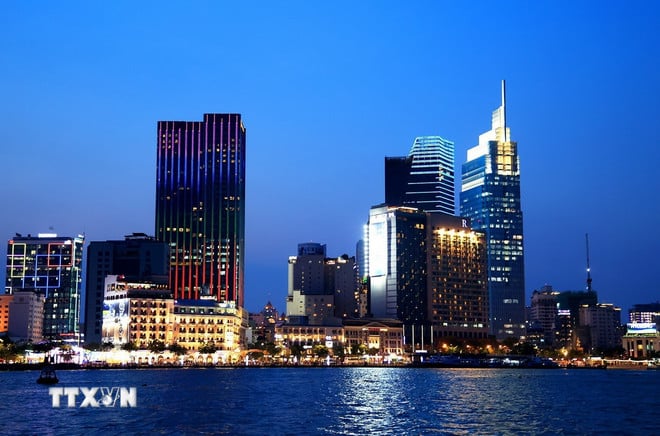

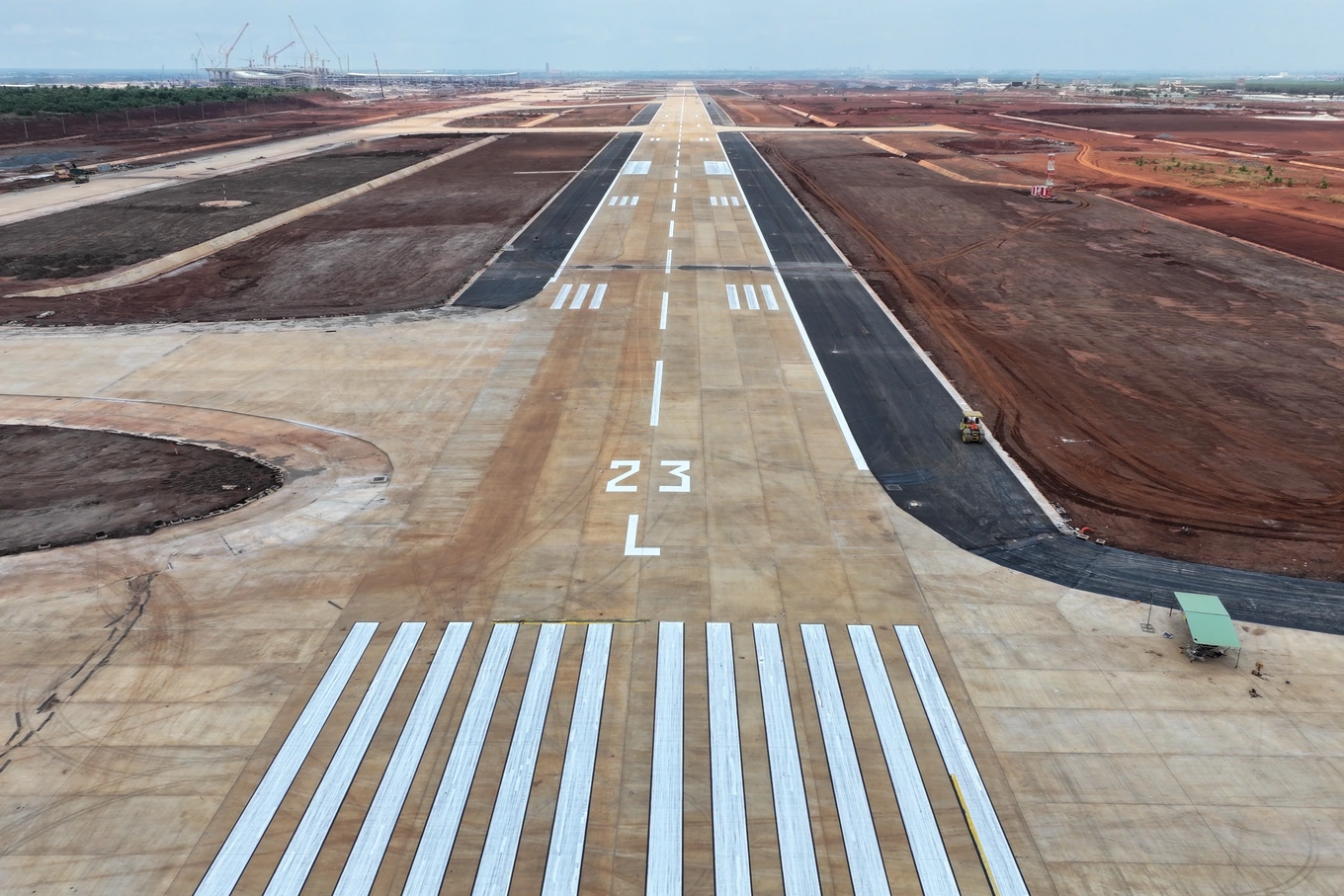




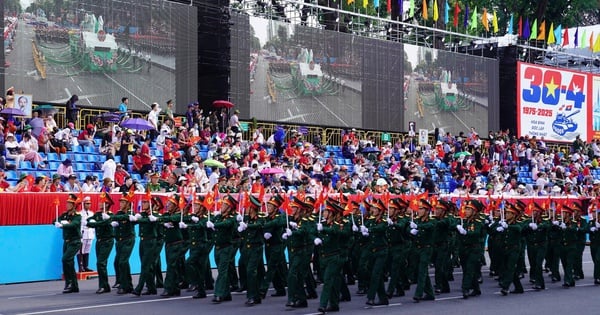




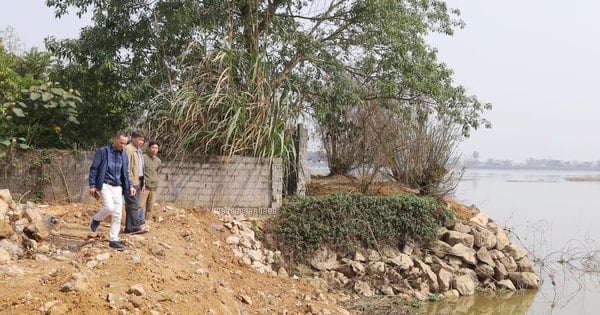








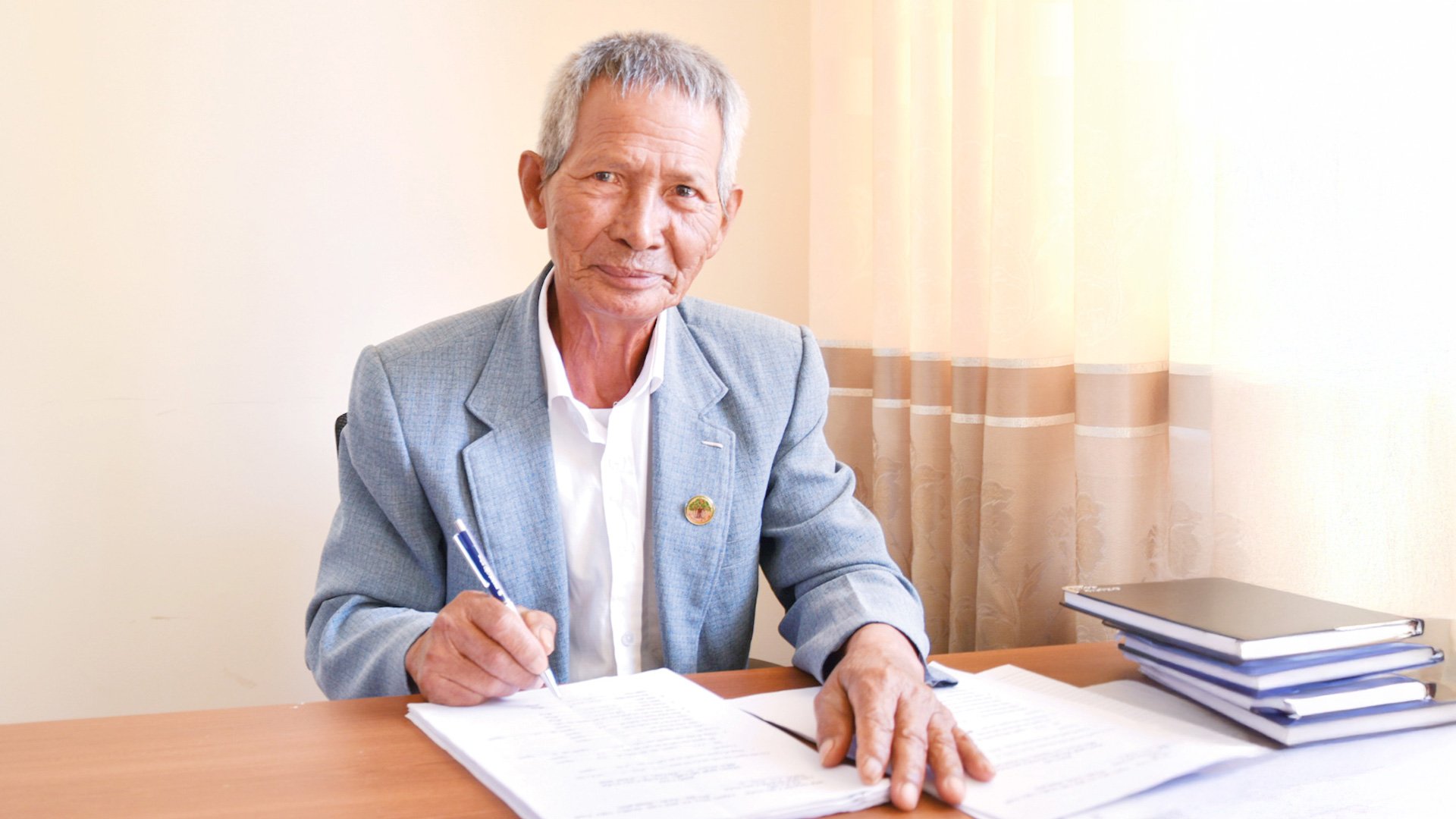












Comment (0)